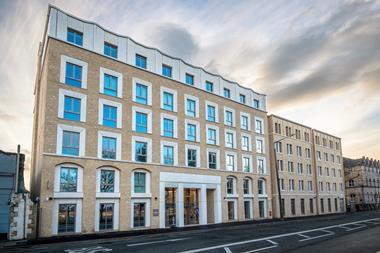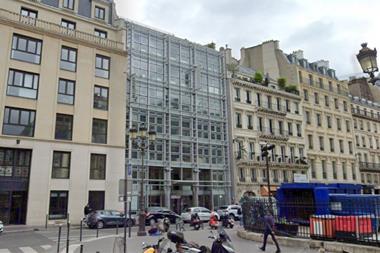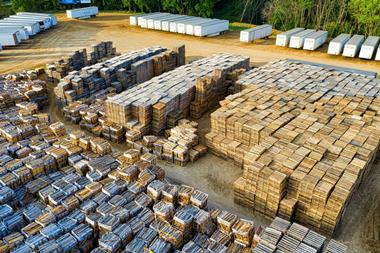SWEDEN - Swedish pensions provider AMF, one of the biggest owners of Stockholm offices, has been keen to gauge how much competition it will face from foreign investors in its domestic market.
Mats Hederos, property managing director of the €27.3bn AMF, made recently returned from a trip to assess foreign investor perceptions of the Swedish market. "I'm interested in where foreign money is heading, whether it's to Sweden or China," he said.
"I've found out that they still want to invest in Sweden," he added. "The economy is quite healthy compared with its peers in the European market, and I got the sense that they find it easy to do deals in Sweden. The market is transparent and it's easy to hold discussions with Swedish investors."
Although the focus for most investors remained on core assets, he said, some investors were looking at assets in regional towns. "There is a lack of properties on the market so they're looking at places other than where they've been before," he said.
"There are still many domestic and international investors keen to invest in Sweden. Now they're looking at second-tier cities as the next alternative, even if those cities are small from an international perspective. After Stockholm, Gothenburg and Malmö, there aren't any big cities in Sweden."
AMF's real estate portfolio makes up 7% of the scheme's overall portfolio - most of it invested in offices in the Swedish capital.
"The Swedish market was domestic in nature until 1999. I was surprised in early 2000 when overseas investors started to come into it. In the past few years most transactions have involved foreign investors on the buy-side or the sell-side - more than we'd ever have expected 10 years ago," he said.
But he added that professionalisation of the Swedish market by foreign investors has "been good for the Swedish market because it forced us to do things properly".
He said: "The market is more professional than before. As long as you have foreign investors, you have agents and consultants mediating the market - the kind of thing you've seen in London for a decade. Now Sweden is an international market."
Moreover, he said, far from driving domestic investors out of the market, foreign investment had been good for Swedish real estate pricing. "The presence of more players had a stabilising impact," he said. "They're good for long-term stability."












